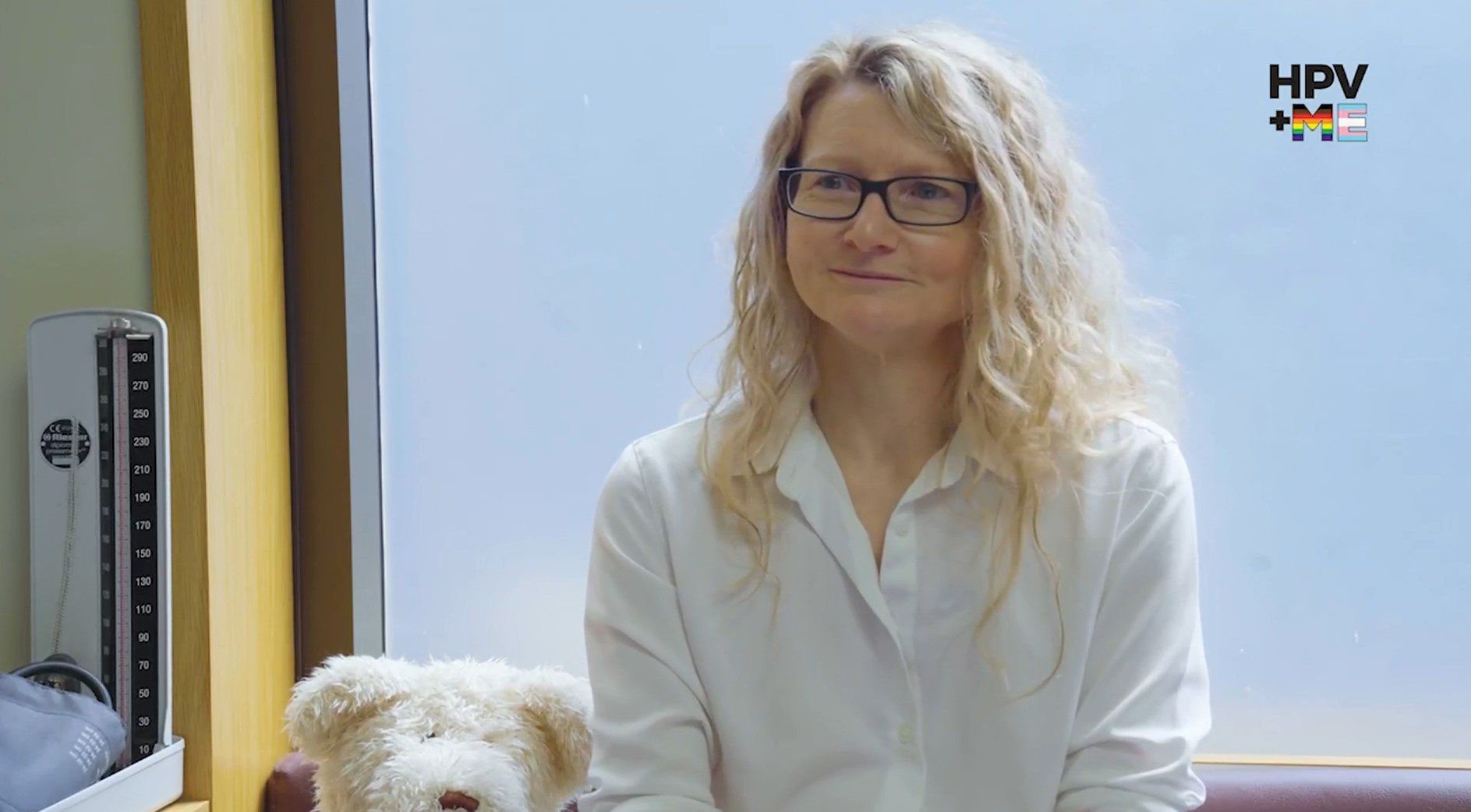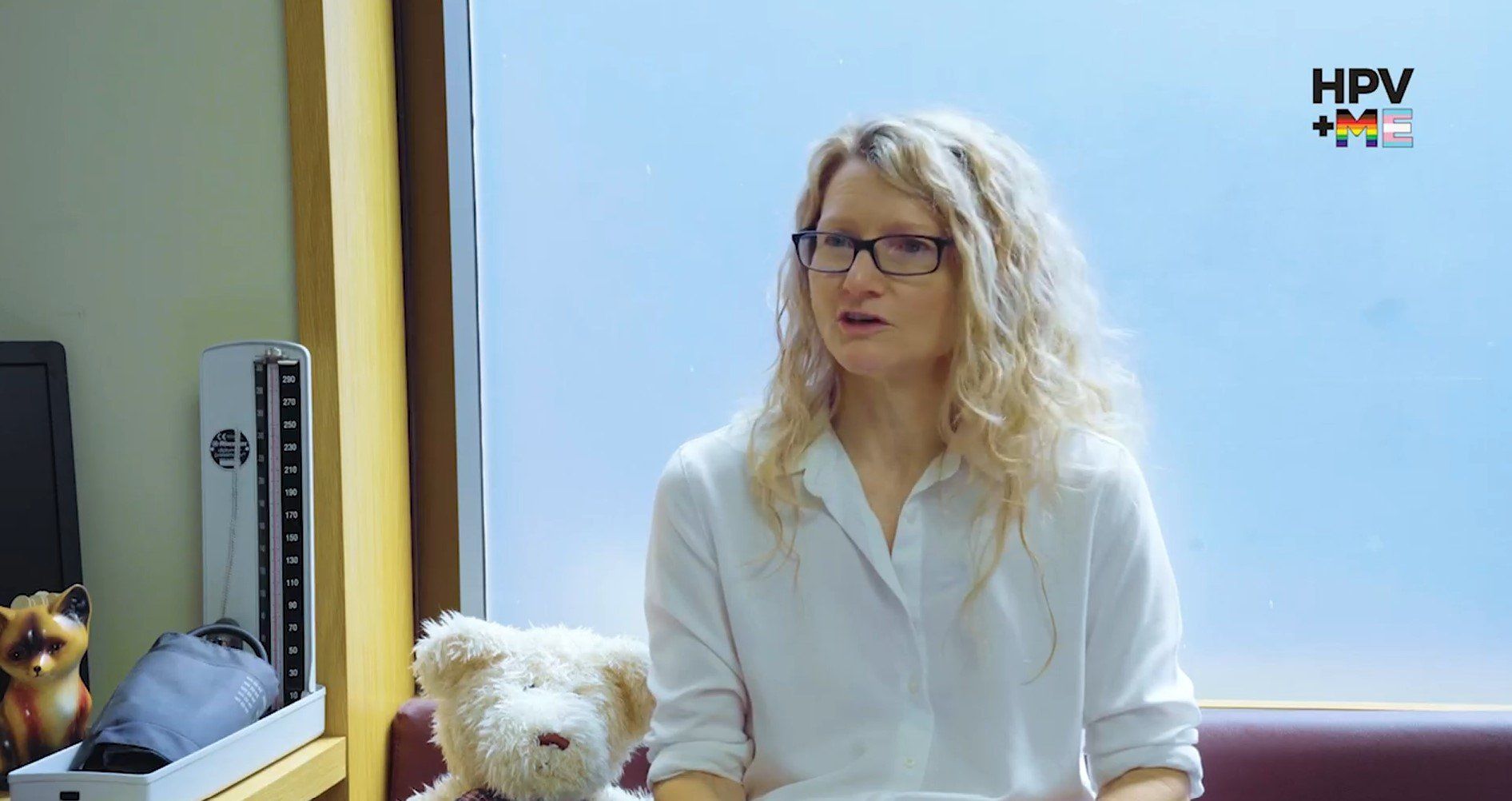Video Transcript
People from the LGBTQI community are definitely affected by HPV. Unfortunately, people from that community are often very under screened when it comes to HPV and there's a variety of reasons why that might happen. They may not realise they're eligible for screening or that they need screening. Their doctor may not realise that they're eligible or need the screening, or they may be fearful of coming forward to ask for it. So unfortunately the rates of screening are much lower in that community. The other thing that definitely affects that community is that they are at higher risk of having HPV related disease because there's a high risk of smoking as well, and smoking definitely contributes to HPV progression. So I think one of the big barriers to getting cervical cancer screening in this community is that often people make assumptions about a person's need for screening, and often doctors make that assumption. So the first thing is that your patient may not have come out to you as being gender queer or trans.
And if you haven't asked and it isn't obvious then you might not know. So that's the number one barrier. They may be fearful, they may have had some negative experiences in the past with healthcare professionals which make them less likely to disclose that to you. So that's one barrier that can be overcome by being more open and welcoming of that community. Another barrier is that you may have made an assumption that they don't need the screening because you've made assumptions about what their sexual practices are. So again it boils down to having a conversation with your patient and understanding what their lifestyle is and how that's going to affect their risk for cervical cancer and for HPV infection. So really it's about having a good understanding and being able to offer holistic care to your patient by understanding who they are.
Another barrier is that you may have made an assumption that they don't need the screening because you've made assumptions about what their sexual practices are. So again, it boils down to having a conversation with your patient and understanding what their lifestyle is and how that's going to affect their risk for cervical cancer and for HPV infection. So really it's about having a good understanding and being able to offer holistic care to your patient by understanding who they are.
Yeah, so people who have anal sex are at higher risk of HPV related lesions and anal cancer.
If they are men who have sex with men, the rate seems to be higher in that group and if they are HIV positive, the rate of the incidence of anal cancer is 100 times greater, for HIV positive men have sex with men. Compared with the general population, this is a very at risk group.
As you know, there's no really good screening program for anal cancer. We don't do anal pap smears and most people don't have access to high resolution anoscopy, which is what would follow on after a positive HPV test or if you were looking into some sort of lesion. So the best we can do, and we really should be offering it, is regular annual digital anorectal examinations for this group of people and referral onto a colorectal clinic if there's any suspicion or lesion.





